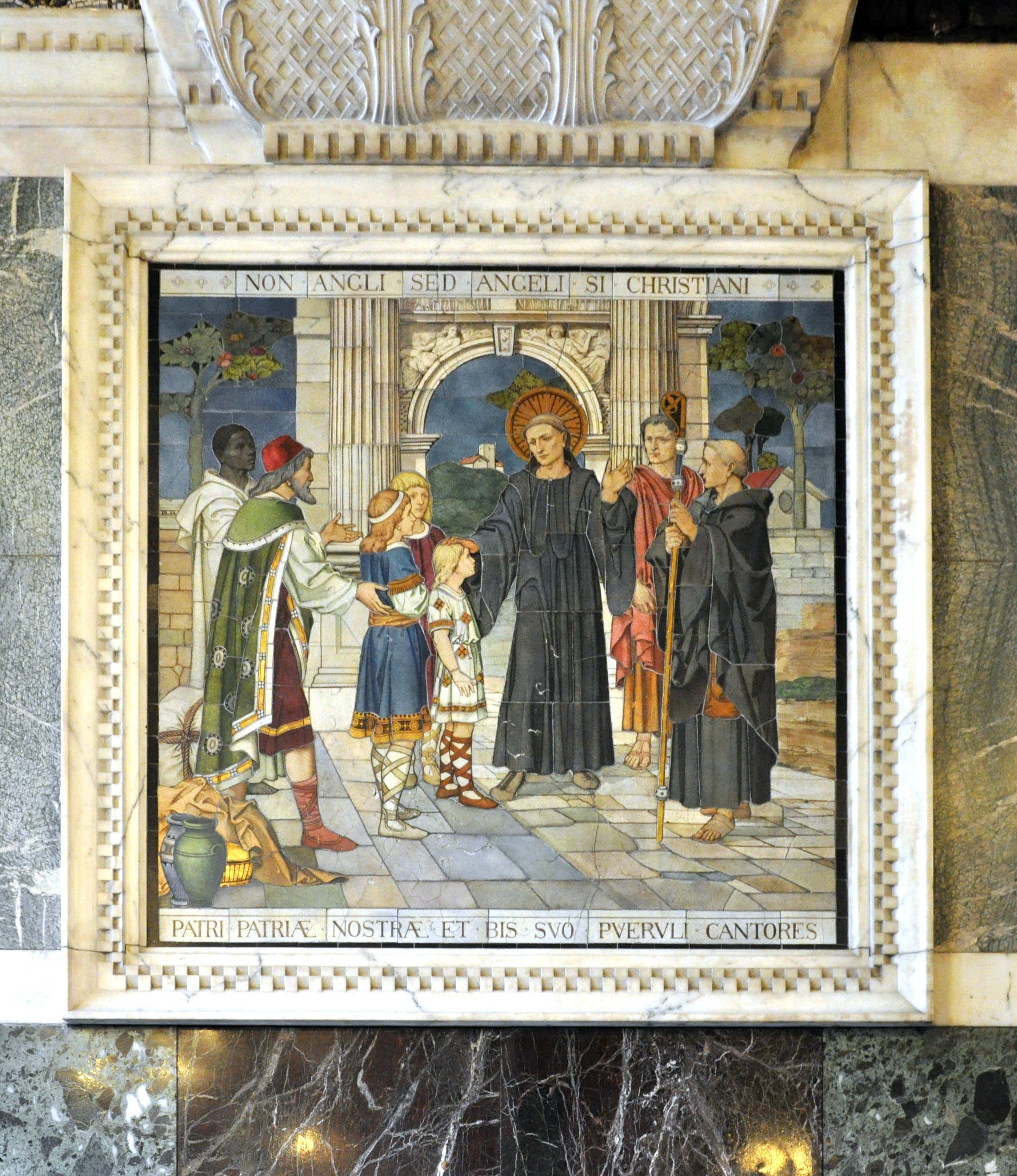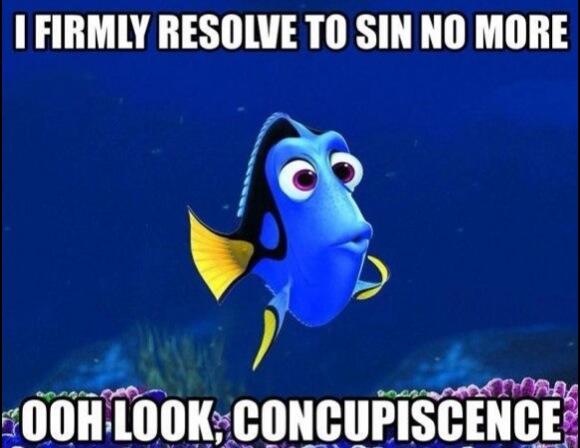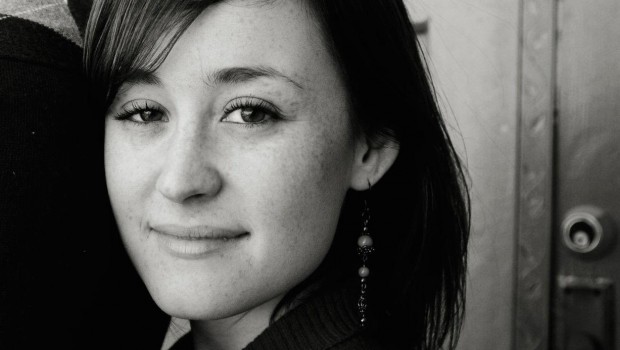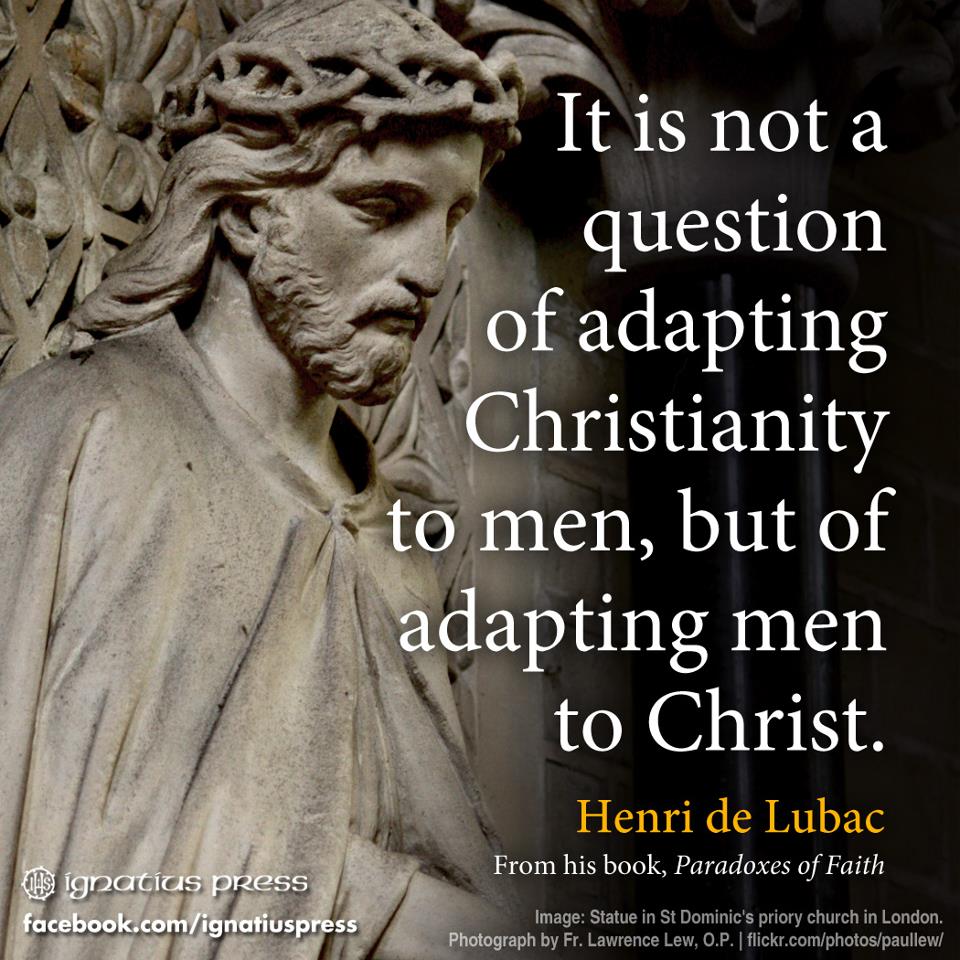“I will offer sacrifices of joy…”
Psalm 27:6
These He will accept. These will be worthy offerings.
-by Rev. Gregory Smith, O. Carm.
“There is no quality quite so fundamental to the Christian character as the spirit of sacrifice.
From its birth in the Christian life each soul is pledged to a life of violence. The life of Christ comes to us as the spoil of conflict — Mors et vita duello conflixere mirando/Death and Life contended in a spectacular battle, –Victimae Paschali Laudes — as the fruit of the most awful violence ever wreaked upon human nature. This is the life into which we have been baptized. “Do you not know that all we who have been baptized into Christ Jesus have been baptized into his death?”
Conflict, warfare; not peace, but the sword; a kingdom that suffers the assault of violence; self-denial, drinking of a chalice of pain — in composite it is the Cross that casts its bright shadow over the whole of the Christian life. In selfishness, to reject the selflessness of the Cross is to reject the happiness at its most abundant source for “by the wood of the Cross came joy into the whole world.” In any walk of life the sign of success as Christ sees success is the sign of the Cross. A share in the victory and in the Victor’s spoils won on the Cross is granted to every Christian who will match, not counting the cost in niggardliness, the generosity of Him Who paid in precious price the last drops of His blood. This is the way of the Christian life for priests and religious, for married and single, for youth and adult; an inescapable way, than which there is no higher way above nor safer way below; it is the highway of the holy Cross, the path of sacrifice.
Holy Orders and Matrimony
The priest, essentially a man of sacrifice, comes into the holy place to cast himself prostrate in the sanctuary, while all the people pray to all the saints for him that he may become a worthy servant of the altar for the building up of the body of the Lord. The virgin, woman of selflessness, makes by the altar the vow that binds her to the service of one Love. Her love song of praise will be her daily sacrifice: “Offer to God praise as your sacrifice.”
It is but right then that man and woman about to enter upon the life of Christian marriage make their vows by the altar. Marriage for the Christian is quite different from any other marriage. “This is a great mystery — I mean in reference to Christ and to the Church.” The first glory of Christian marriage is that it is the sacramental image of the union of Christ with His spouse, the Church, without spot or wrinkle or any such thing, but holy and without blemish, “born from the side of our Saviour on the cross like a new Eve, mother of all the living.” (Mystici Corporis).
Since it is on the Cross that Christian marriage finds its supreme significance, it is but fitting that man and woman should enter into the holiest place in the world to stand by the altar of sacrifice, there to vow that they will give themselves to one another and to Christ in their children. Here the Church, sacrificial spouse of the great High Priest, suggests that they be reminded that they are dedicating themselves to a life of painful giving which only the alchemy of love can transmute to pleasure. “Sacrifice is usually difficult and irksome. Only love can make it easy; and perfect love can make it a joy. We are willing to give in proportion as we love. And where love is perfect, the sacrifice is complete.” Having said so much, the ritual instruction places the measureless love of the Cross as the standard of Christian married love: “Greater love than this no man hath, that a man lay down his life for his friends.”
Marry to Give Not to Get
Not for more delightful getting do Christians marry, but rather for more fruitful giving. Since Christ entered His creation to be found among us as One Who served, every Christian vocation entails a deliberate entry into the service of God, in the person of His Son, Whom we see not only in Himself, but also in “the members of His body, made from His flesh and from His bones.”
The vocation of Christian marriage, precisely because it is Christian marriage, can never be a narrowing experience that restricts the view or contracts the interests of man and wife, each wrapped up in the other. Rather, Christian marriage, because it is primarily concerned with the community, widens the vision of two individuals to embrace the good of the whole of God’s family, and calls them with sacramental power to exercise their noble functions in the Mystical Body of Christ.
“The Sacrament of matrimony, in which the parties become ministers of grace to each other, ensures the regular numerical increase of the Christian community, and, what is more important, the proper and religious education of the offspring, the lack of which would constitute a grave menace to the Mystical Body.” (Mystici Corporis)
With husbands loving their wives as Christ loves the Church; with wives subject to their husbands as the Church is subject to Christ, both are charged with implementing in their common life their daily petition to the Father: “Thy kingdom come!” No less than, and in a measure, because grace can only build on nature, before the priesthood those who enter the holy state of Christian marriage are thereby constituted servants of God and ministers to His Church.
To give all to one another in loving devotion; to sacrifice everything, that in their homes as in the smallest cells of the Body of the Lord the life of the Head might flourish; to be faithful stewards of the God’s treasures born of their flesh in the full knowledge that they are God’s children first and only He can make them precious; to give all and not to count the cost of giving — this is the way to sanctity, the only success in Christian marriage.
Practical Suggestions
…Married life is a veritable school of sacrifice; the Christian home a training ground of discipline. Wherever people live together in any sort of common life, there are bound to be differences of opinion and clashes of personality. This is as true in every home as it was true among the apostles. So must father and mother bear with each other and both of them with the children, the faults of each contributing to the sanctifications of all. Bearing with patience, correcting where parental correction is demanded — firmly and with kindness, and over and over again with patience — this is the daily school of sacrifice that is family life.
Return to the Altar
…To the altar by which it was established the Christian family ever returns to re-enkindle its ideals and to refresh its spirit [Ed. THROUGH GRACE!!!]
Crucifix, Hub of Home
… in the Catholic home it is the Cross of Christ which is the ever present reminder of the spirit of this house…Wise those parents who build their homes upon the solid foundation of the altar, for though rains fall and floods come and winds blow, their homes will not fall because they are founded on rock, and the rock is Christ. ”
Love,
Matthew





















